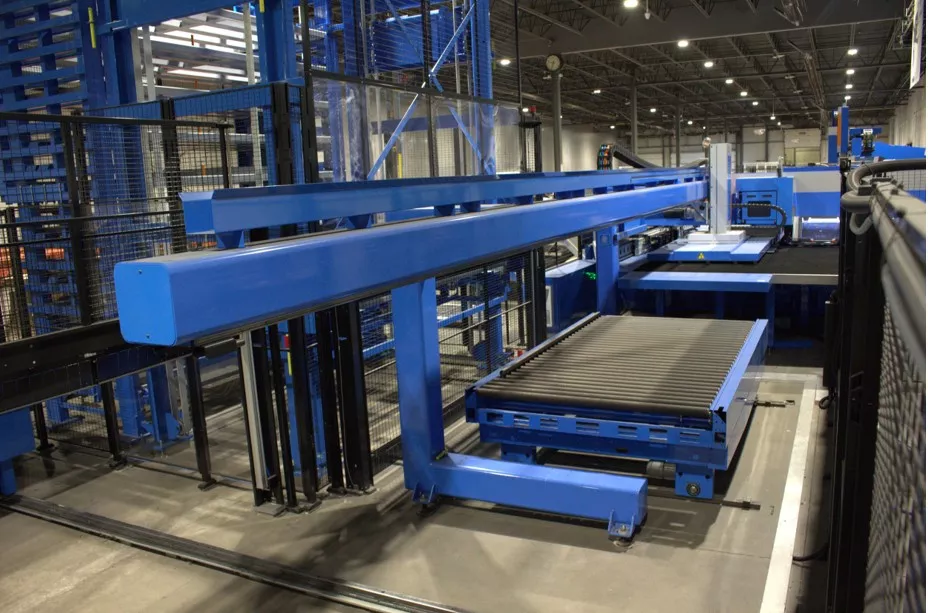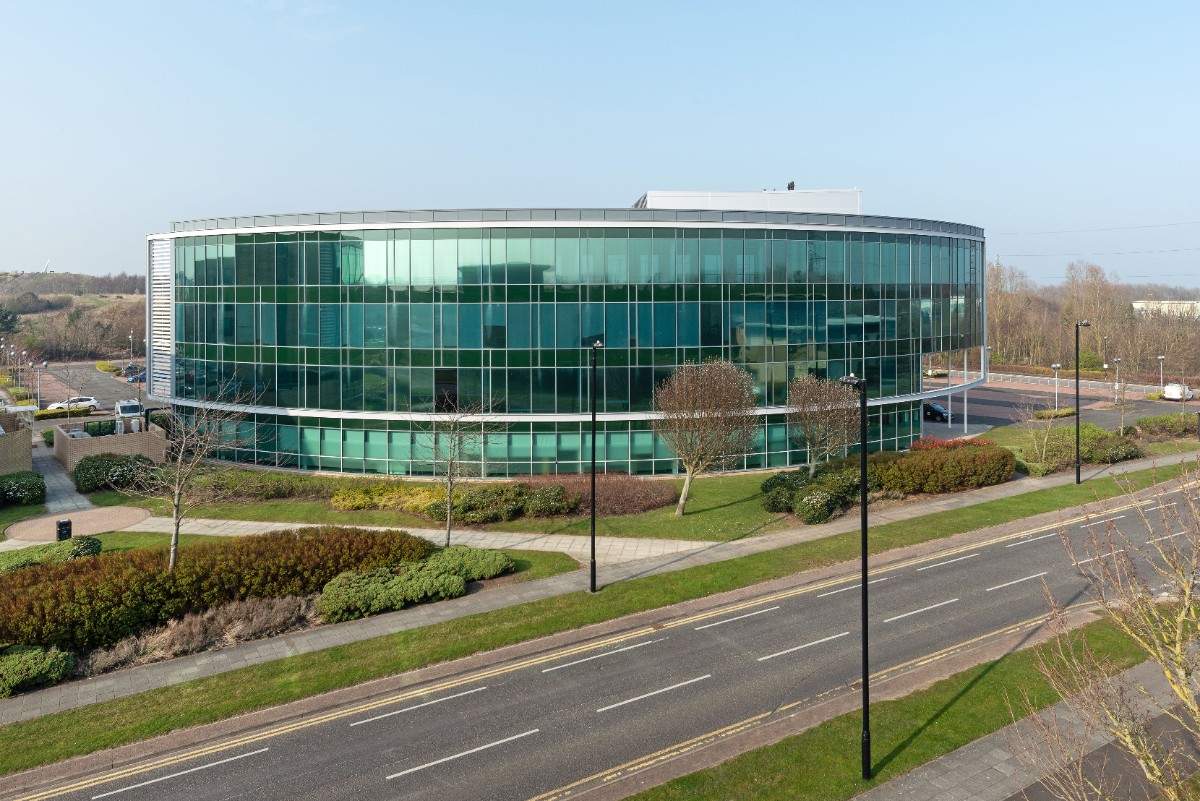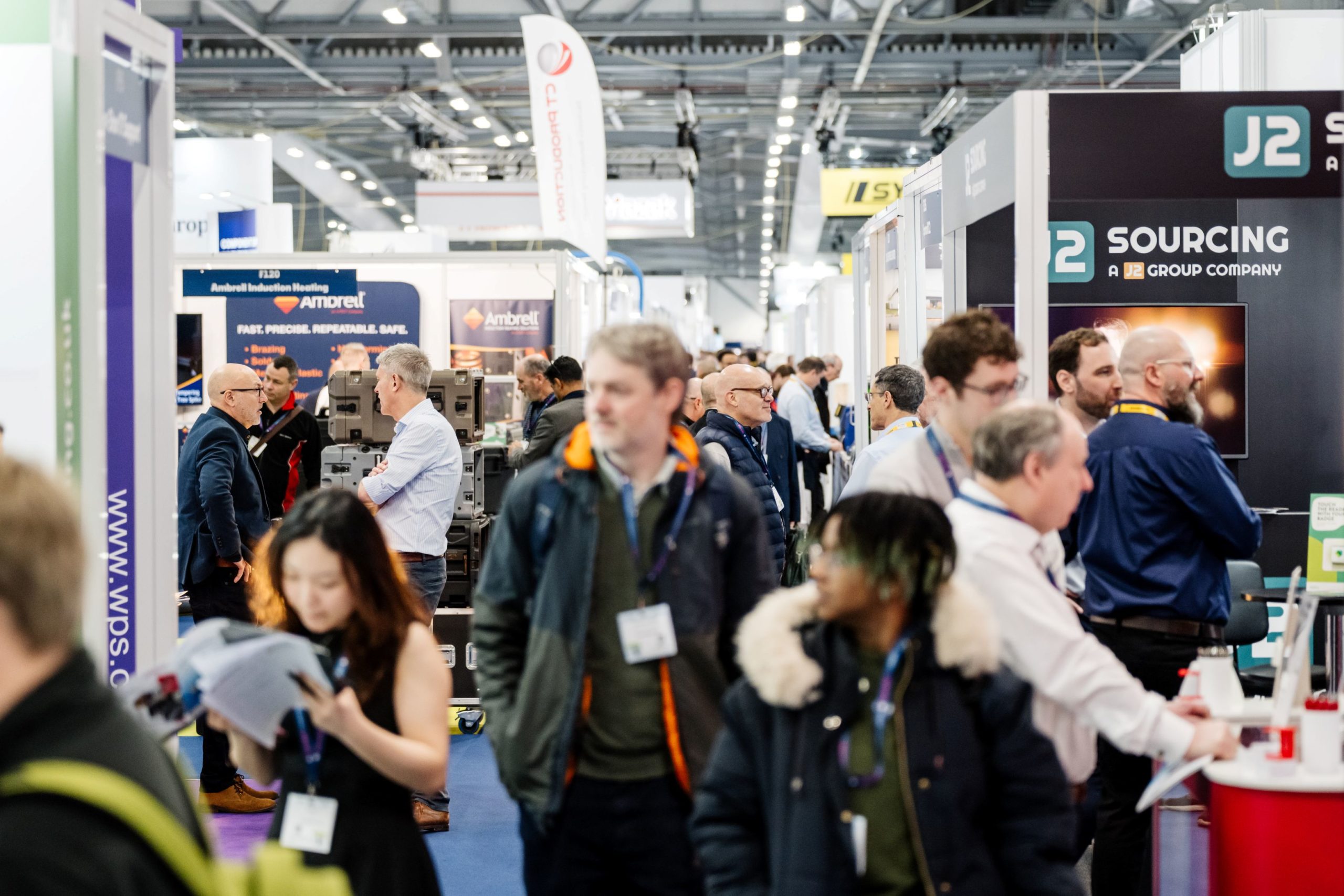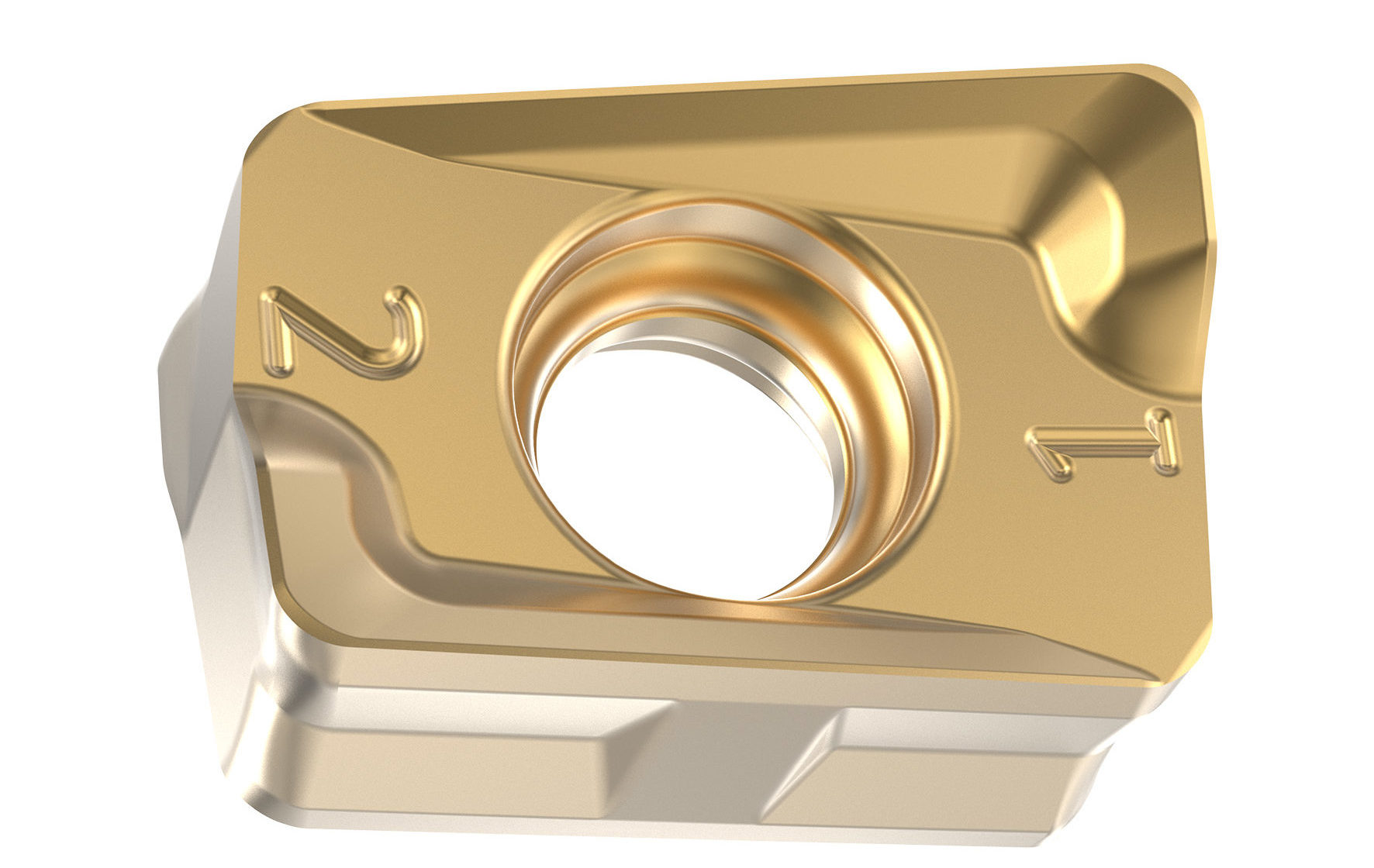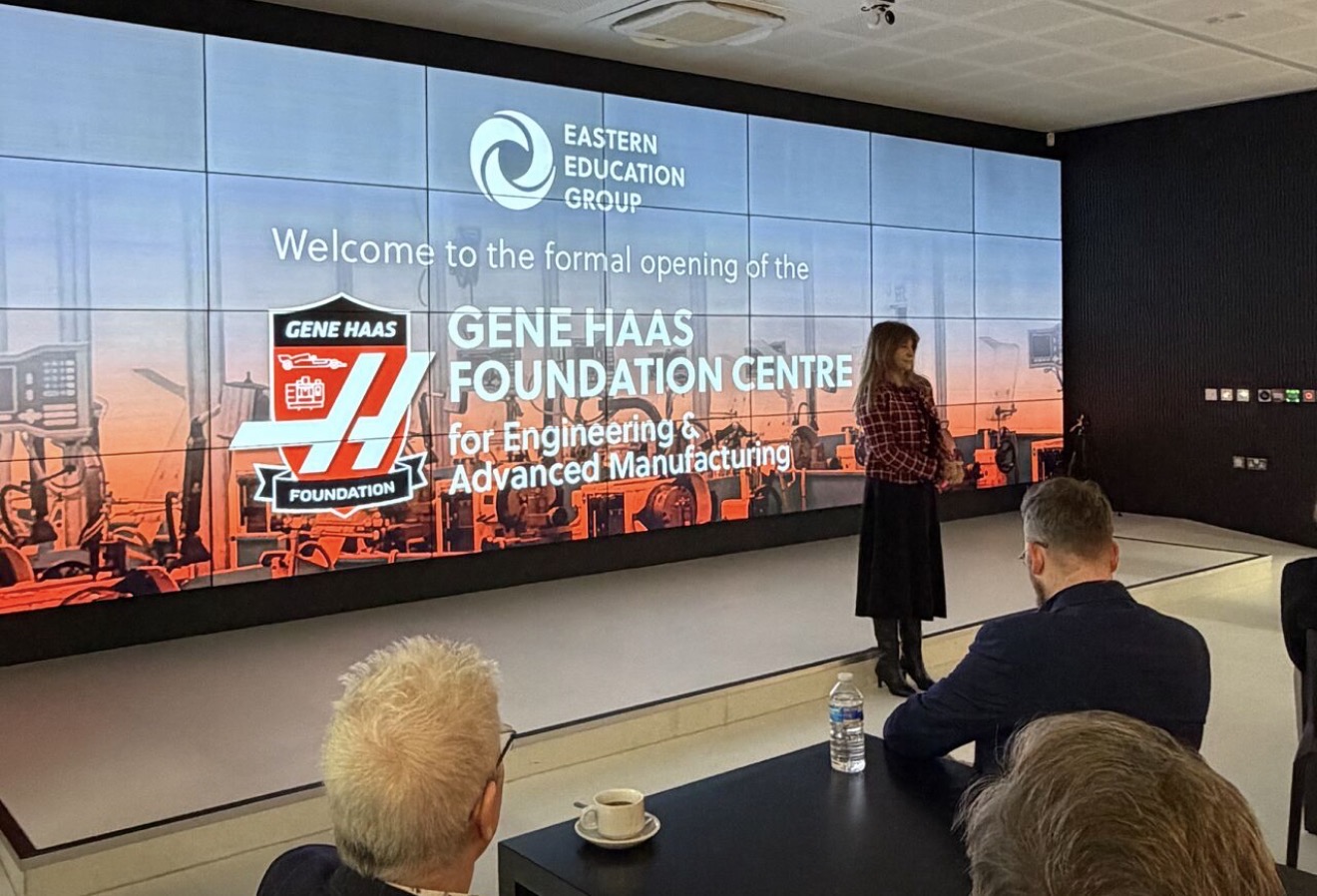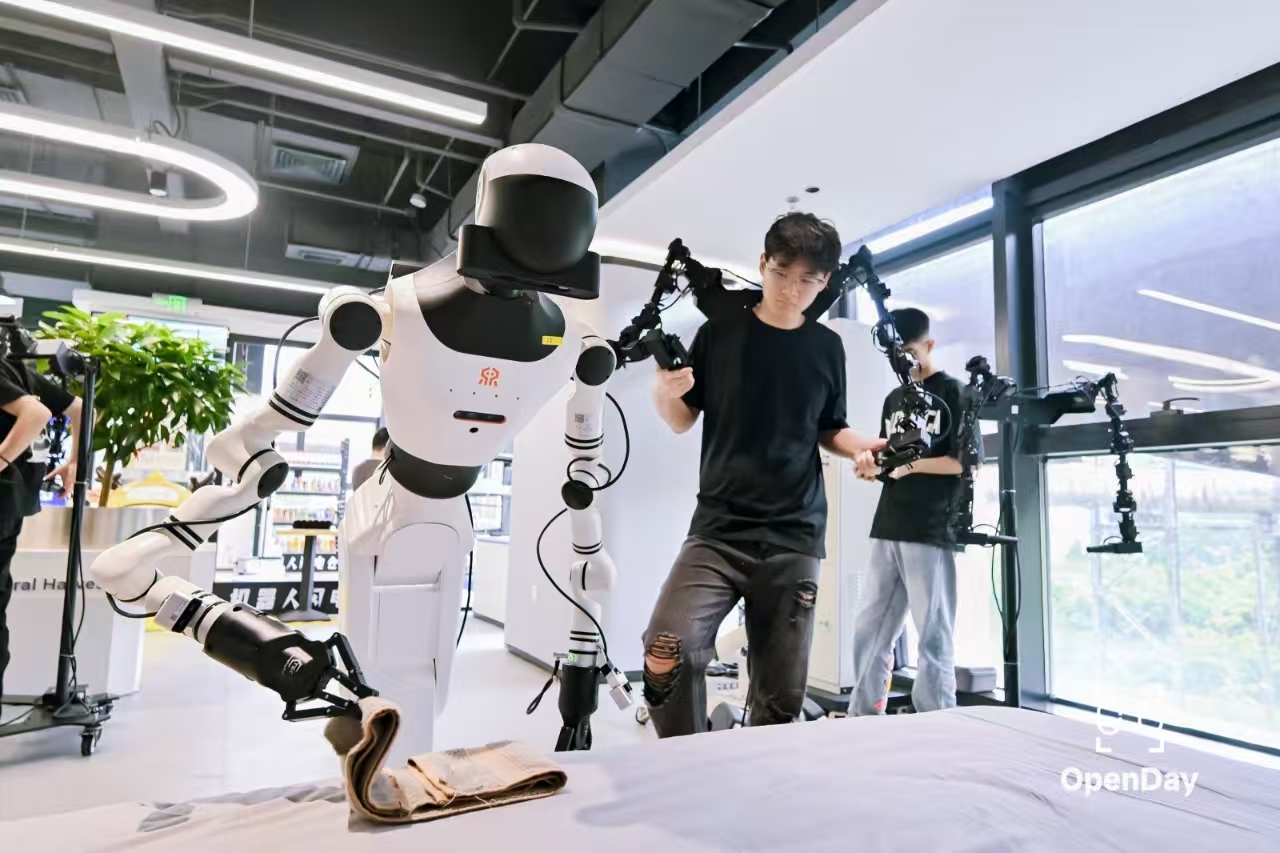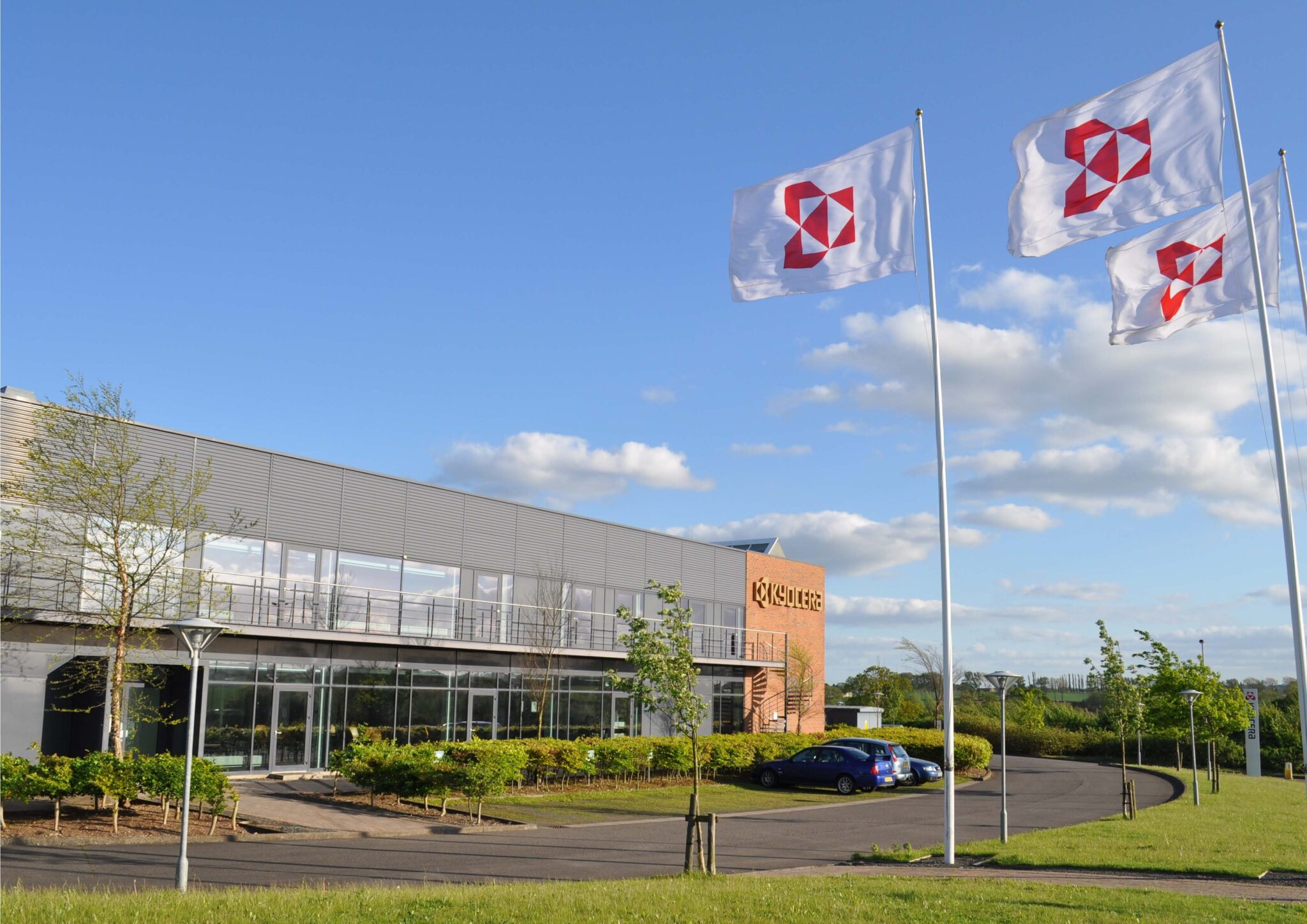Happily Automated and successfully machining high quality parts

At the Redhill factory of contract machinists ATC, the high quality, accuracy and repeatability of the medical devices it manufactures have been raised even further by the installation of a new, robotically loaded and unloaded production cell. Comprising a C 12 U 5-axis machining centre served by an RS 05-2 robotic billet handling system, it was built by the German firm Hermle and supplied by sole UK sales and service agent Kingsbury
Guy Lord, owner and managing director of ATC said, “We are one of the highest quality machine shops in the world, specialising in producing difficult components that others are unable to tackle. 95% of our turnover is medical work and we also manufacture super-accurate bearing rings.
“Currently, 60% of our business is from companies that have previously tried another subcontractor, either in the UK, continental Europe or the US, and have been unable to obtain the quality they need.”
It is against this background that Mr Lord decided to invest in the automated Hermle cell, which is allowing him to differentiate his company even more from the competition. At the end of January 2021, the subcontractor started manufacturing the products for which the equipment was bought, namely extremely complex spinal implants machined to ultra-tight tolerances from tough cobalt-chrome, whose low thermal conductivity tends to wear tools quickly. Surface finish is also extremely high to meet the cosmetic requirements stipulated by the customer.
This particular medical contract requires the production initially of a family of four different parts, with more to come, in cutting cycle times of approximately one hour. It takes just 30 minutes to change over between batches to make a different part, despite the complexity of the cell. Actually, the time to produce a first-off part, check it and very occasionally make adjustments has to be added to the set-up time.
The presence of the internal robot, temperature compensation within the C 12 U and integration of Blum tool wear monitoring with automatic sister tool change have allowed unattended production to continue day and night and throughout the weekend right from the start. It has lowered manufacturing cost-per-part and is delivering high levels of efficiency and consistency of output. A mix of different billets can be loaded into the cell on Friday night and the machine runs unattended throughout the weekend. Staff return on Monday morning to find a rack full of completed components ready for assembly or dispatch.
In March 2020, Kingsbury helped ATC with the urgent supply of a Hermle 5-axis production centre equipped with an external, third-party, machine-tending robot to make ventilator parts for the NHS. It worked well, but Mr Lord and his team realised that the configuration was overly large for the subcontractor’s general requirements. It was also apparent that billet loading and unloading of the finished components would work better and faster with a built-in robot.
Mr Lord added, “Cycle times in the new Hermle cell are broadly similar to those in other machining centres on our shop floor, some of which are automated with a pallet change system.
“The benefits of robotic billet handling over manual intervention are consistency of component quality and dependability of throughput, added to which the cell runs 24/7 virtually unattended, unlike those that depend on pallet exchange.”
The plan is to take the automation a stage further within the next couple of years by integrating a coordinate measuring machine (CMM) into the cell so that each part manufactured is transferred to the metrology platform by the robot to have its critical dimensions checked. Offsets will be sent automatically to the machine control to keep components reliably within their tight tolerance limits.
Speaking of ATC’s relationship with the supplier Kingsbury, Mr Lord commented, “We have been buying from them for over 60 years, initially from the company founder, George Kingsbury. Whenever we have a problem, they are quick to respond over the telephone or send in an engineer, even during the lockdowns. As a mark of their ingenuity, they proved-out the RS 05-2 robot load system on our shop floor via a Teams meeting with engineers in the German factory, as it was the first such system in the UK.”
“It is notable that, near the start of the first lockdown, we spoke to Kingsbury on a Friday and they supplied a Hermle machine on the following Tuesday. They sourced a robot from Germany quickly and set up the temporary production cell. It was a fantastic service.

